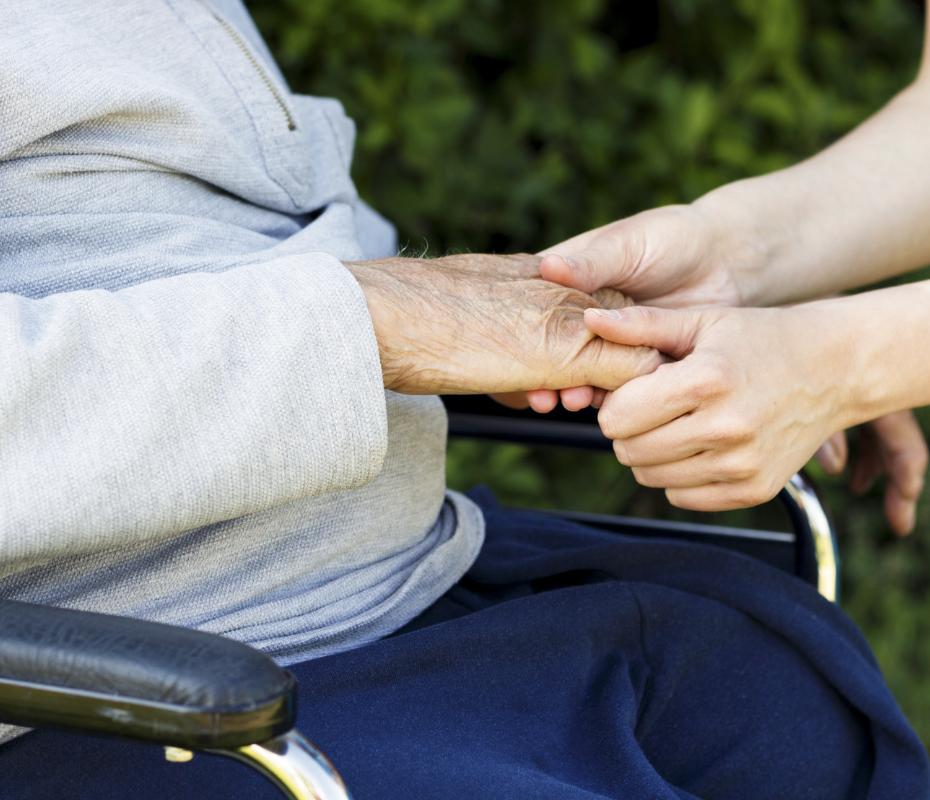Parkinson’s disease is a progressive neurological disorder that affects movement and can significantly impact the quality of life. This is caused by the gradual loss of dopamine-producing cells in the brain responsible for controlling movement.
Symptoms of Parkinson’s disease
Symptoms of Parkinson’s disease can include tremors, stiffness, slow motion, and difficulty with balance and coordination. Other symptoms may include depression, anxiety, and cognitive changes.
Diagnosis and Treatment of Parkinson’s disease
The disease is typically diagnosed through a physical examination and neurological evaluation, and treatment may include medications, physical therapy, and in some cases, surgery. While there is no cure for Parkinson’s disease, early diagnosis, and treatment can help manage symptoms and improve quality of life.
Here, in this article, ten tips to help manage Parkinson’s disease will be discussed.
Ten tips for managing Parkinson’s disease in elderly
– Stay active
– Regular exercise can help improve mobility, balance, and flexibility, reduce stiffness and improve mood. Exercise can include walking, cycling, swimming, and yoga.
– Follow a healthy diet
– A healthy diet that includes a variety of fruits, vegetables, whole grains, lean proteins, and healthy fats can help support overall health and well-being. Diet can play an essential role in managing the symptoms of Parkinson’s disease.
Here are some dietary recommendations that may be helpful:
* Eat a variety of nutrient-rich foods
* Eat a balanced and varied diet
* Increase fiber intake
* Monitor protein intake
* Stay hydrated
* Consider a Mediterranean-style diet
* Consider vitamin and mineral supplements
Talking to a healthcare professional before making significant changes to your diet or taking supplements is essential, as individual needs can vary.
Get enough sleep
Getting enough restful sleep is essential for managing Parkinson’s disease symptoms. Establishing a regular sleep routine and avoiding caffeine and alcohol can help improve sleep quality.
Manage stress
Stress can exacerbate Parkinson’s disease symptoms, so finding ways to manage stress, such as deep breathing, meditation, and relaxation techniques, can help reduce symptoms.
Take medications as prescribed
Parkinson’s disease medications can help manage symptoms, but it is essential to take them as prescribed and report any side effects to a healthcare professional.
Stay connected
Staying connected with friends, family, and support groups can help reduce feelings of isolation and improve mood.
Practice safety measures
Parkinson’s disease can affect balance and coordination, so taking safety measures such as using handrails, wearing non-slip shoes, and using mobility aids can help prevent falls.
Manage other health conditions
Managing other health conditions such as high blood pressure, diabetes, and heart disease can help reduce the risk of complications and improve overall health.
Seek support from healthcare professionals
Working with a healthcare team that includes a neurologist, physical therapist, and occupational therapist can help manage Parkinson’s disease symptoms and improve quality of life.
Stay informed
Staying informed about Parkinson’s disease, new treatments, and resources can help individuals and their families make informed decisions and better manage the condition.
Take away home
In conclusion, managing Parkinson’s disease can be challenging. Still, by following a healthy lifestyle, practicing safety measures, managing stress, taking medication regularly, educating themselves about their disease, ensuring a healthy environment by staying in touch with their relatives, and working with healthcare professionals, individuals with Parkinson’s can improve their quality of life and maintain independence.

